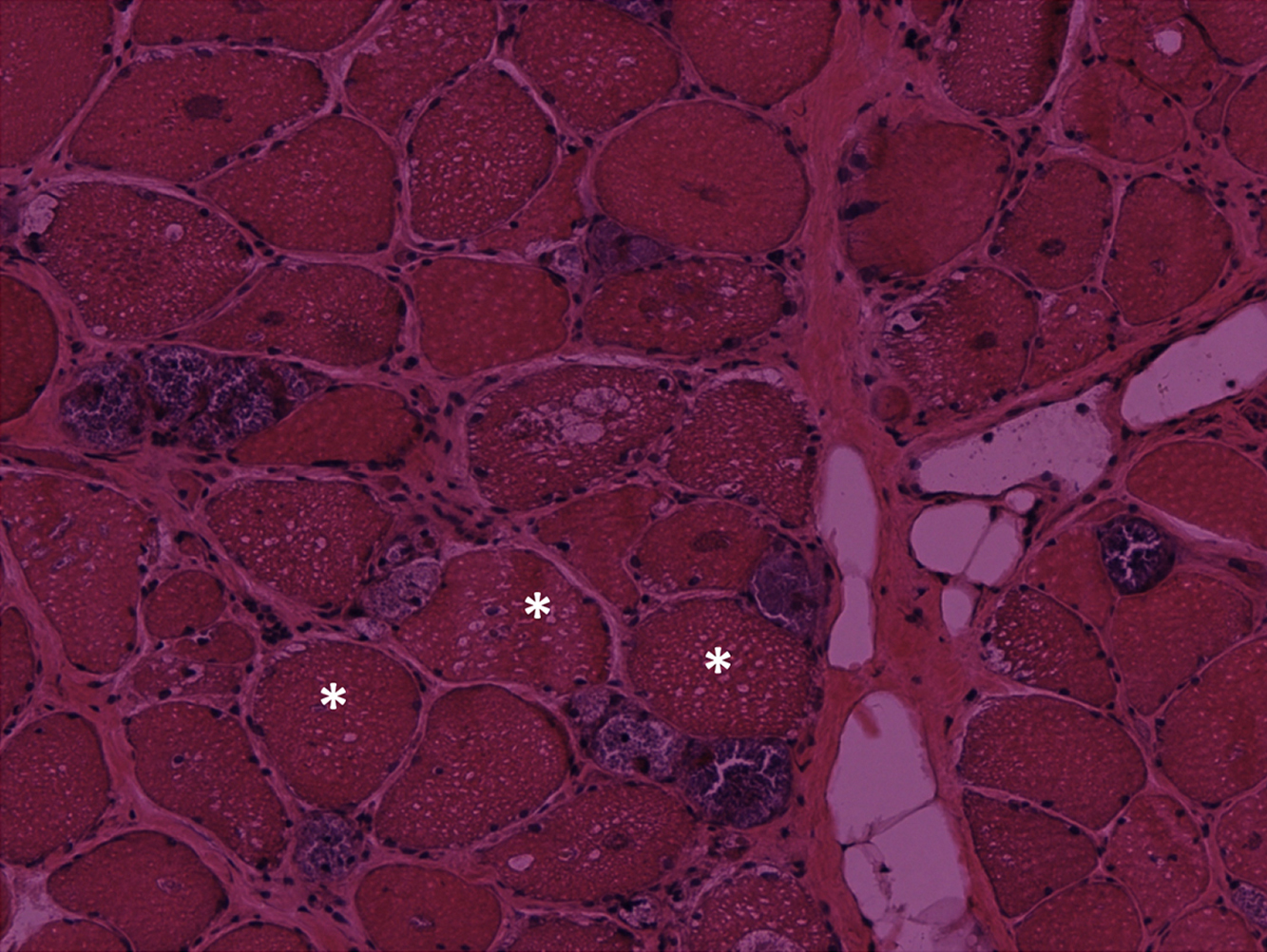Pompe’s disease [J.C. Pompe, 20th-century Dutch physician; L, dis, opposite of; Fr, aise, ease] , a rare genetic disorder that is a form of muscle glycogen storage disease, characterized by a generalized accumulation of glycogen resulting from a deficiency of acid maltase (alpha-1,4-glucosidase). It is usually fatal in infants, causing cardiac or respiratory failure. Children with Pompe’s disease appear cognitively impaired and hypotonic, seldom living beyond 20 years of age. In adults, muscle weakness is progressive, but the disease is not fatal. Also called glycogen storage disease, type II. See also glycogen storage disease.

